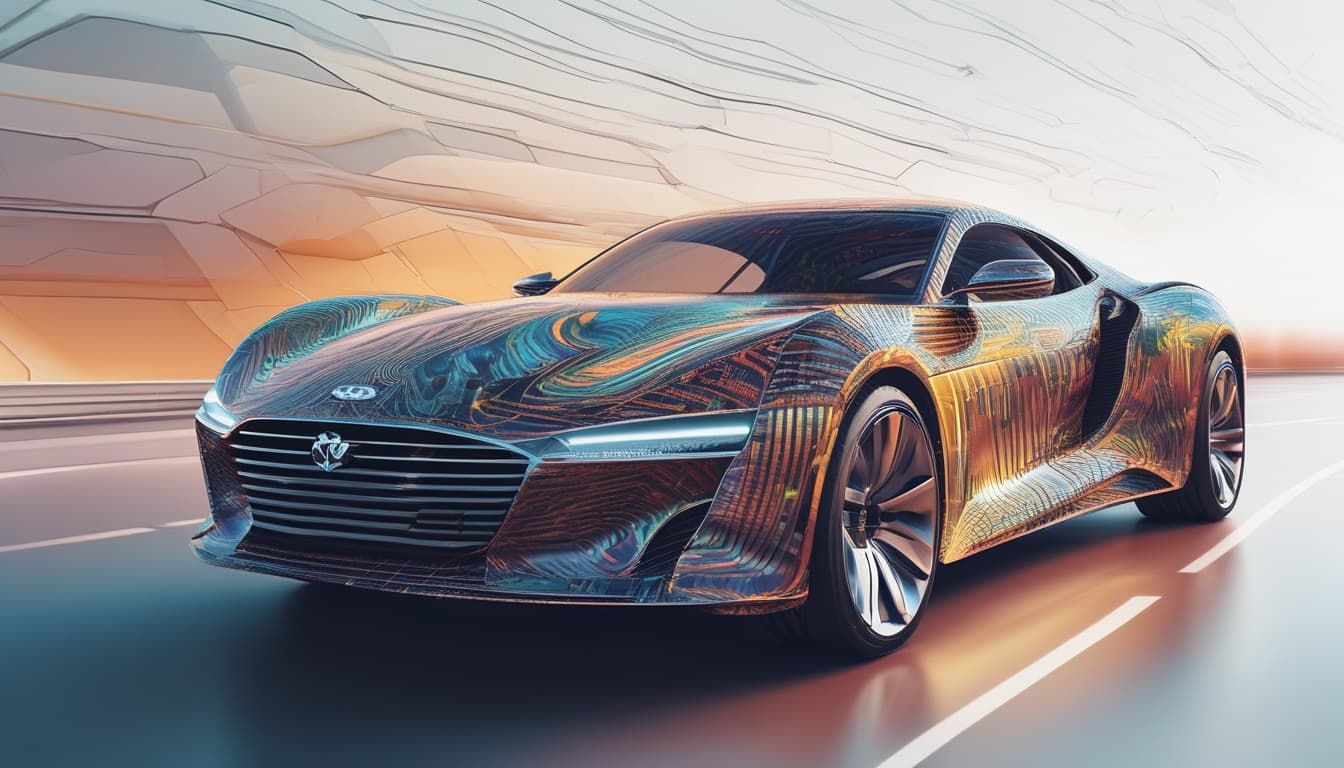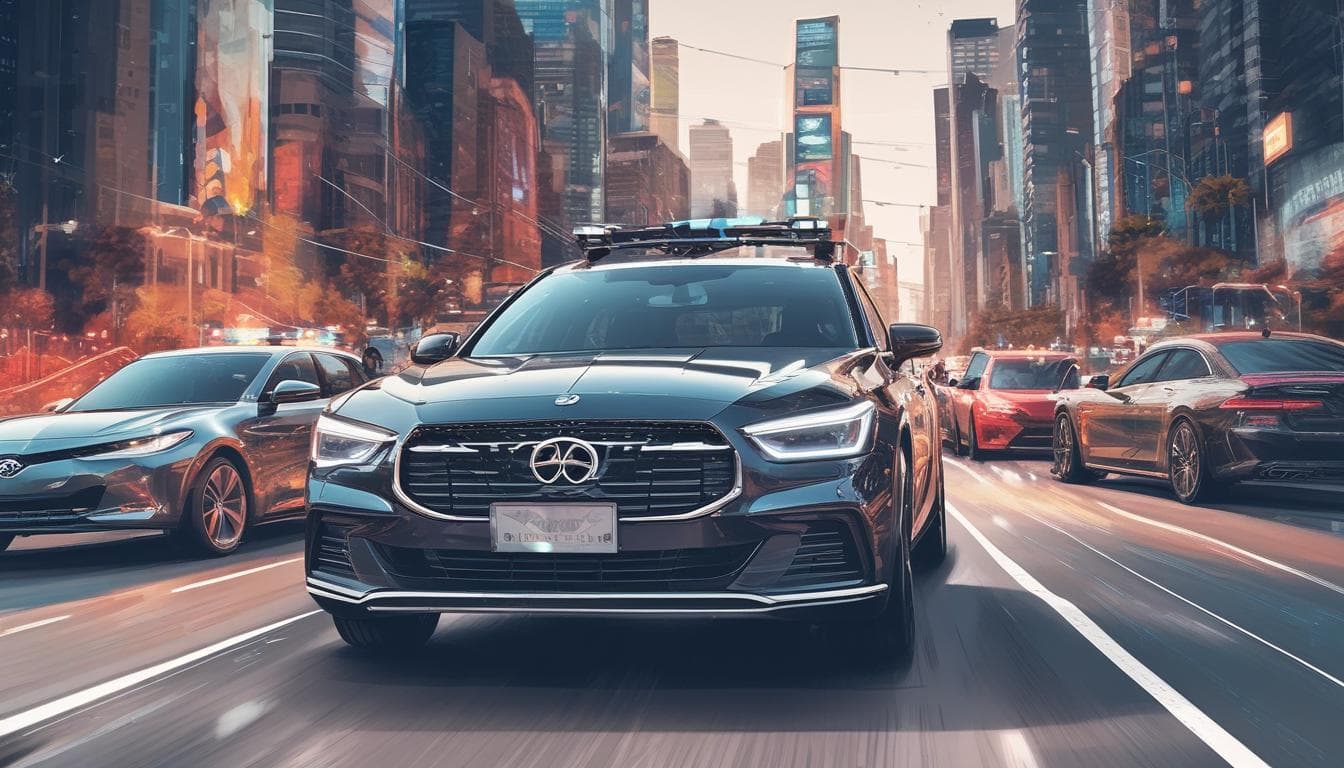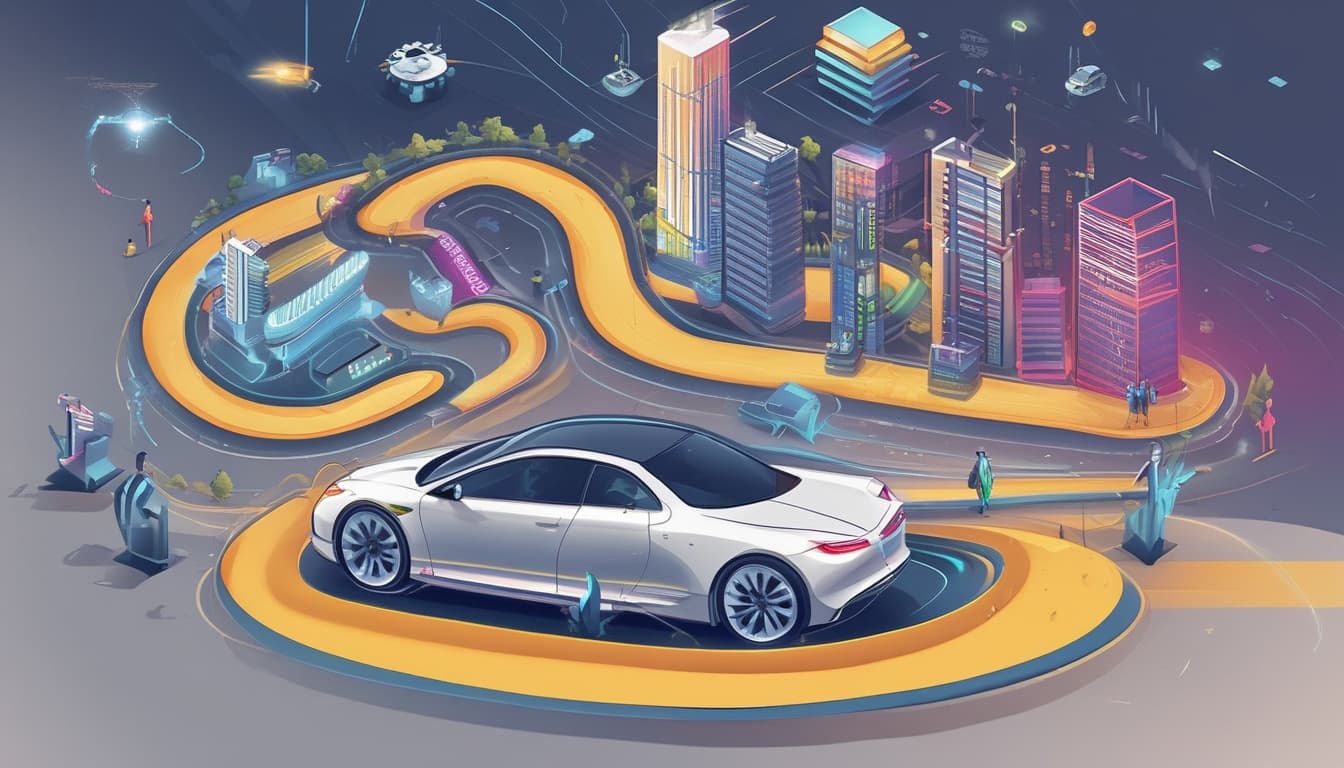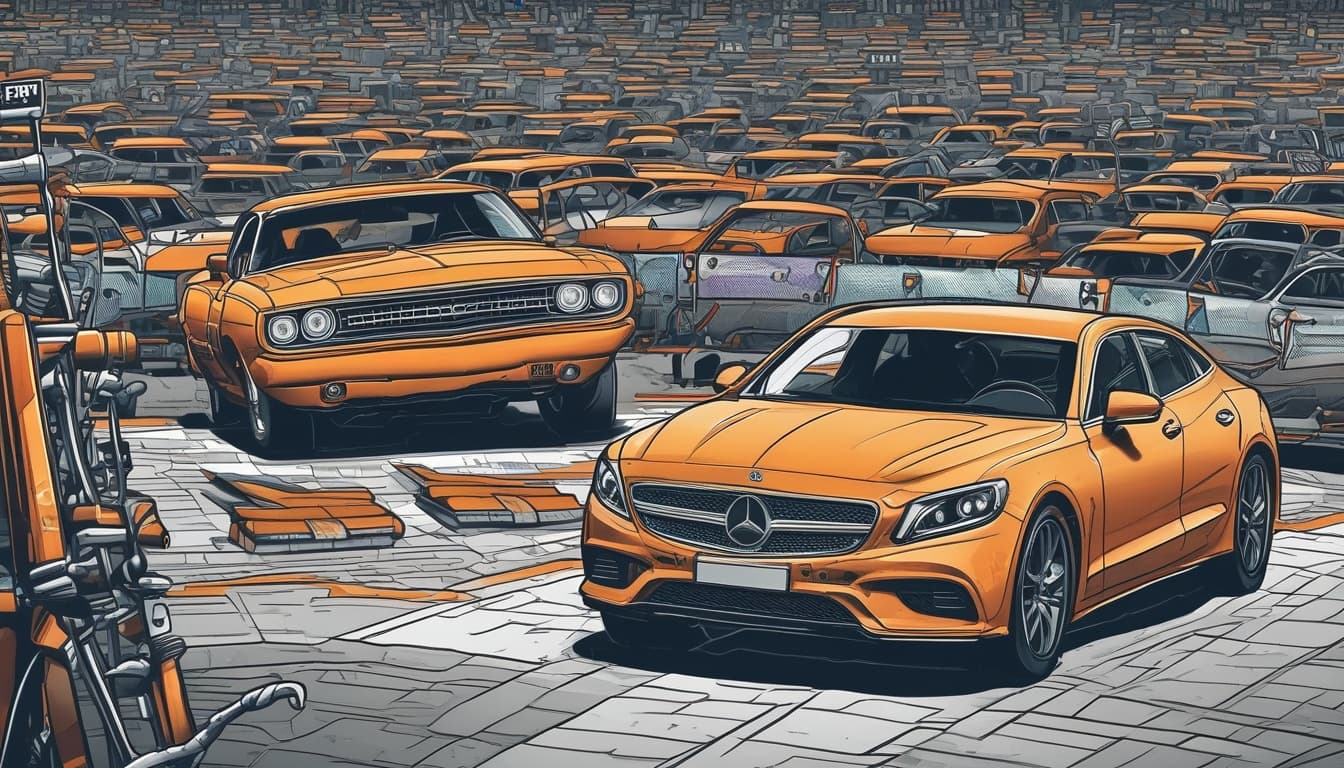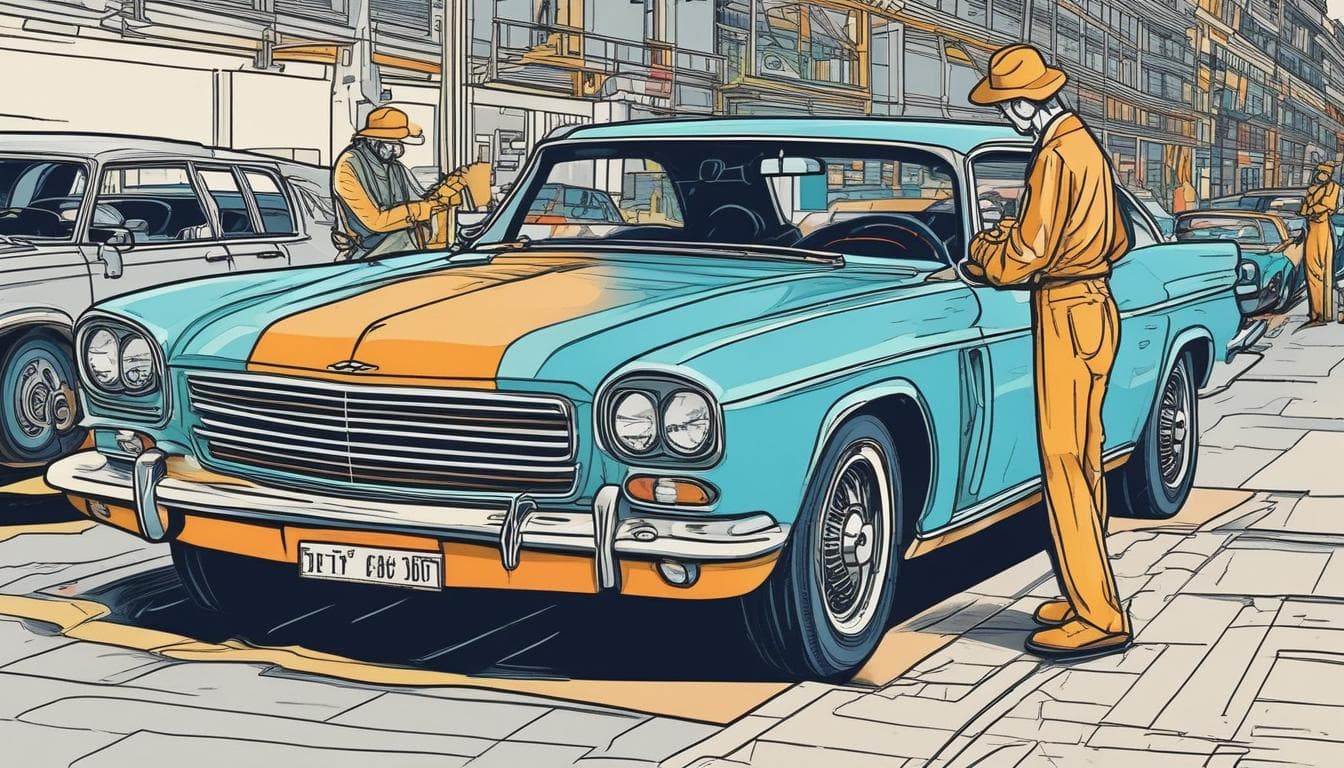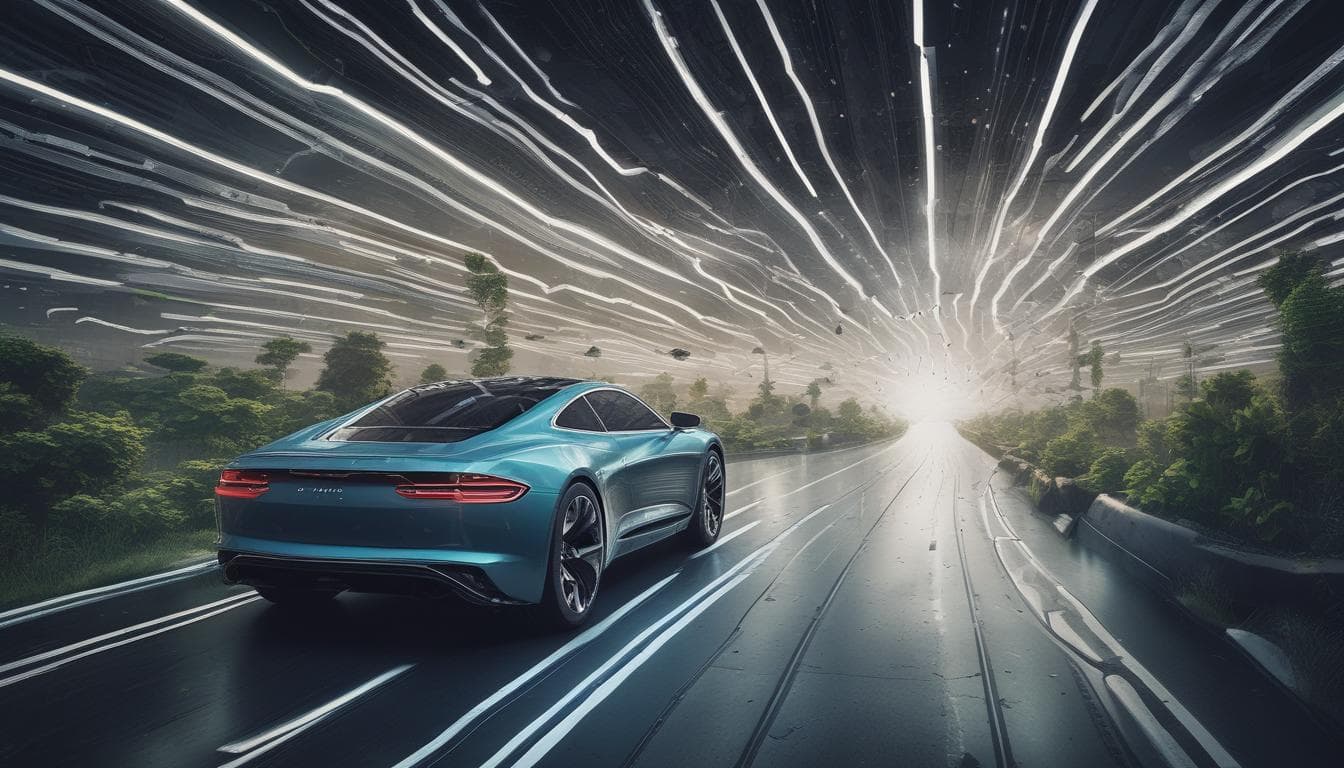With the increasing sophistication of AI in vehicles, how do you envision the future of car ownership evolving? Will we see a shift towards personalized AI-managed fleets that cater to individual needs, or will the emotional connection to personally owned vehicles remain strong? What factors might influence this evolution, and what are the potential societal implications?
The future of car ownership is poised for significant transformation, primarily driven by advancements in AI and changing consumer behaviors. With AI technologies becoming more sophisticated, we are likely to witness a shift where personalized AI-managed fleets play a critical role. Here's how I see this evolution unfolding:
AI and Car Ownership
- Personalized Fleets: AI could enable the creation of personalized fleets tailored to individual preferences, offering a selection of vehicles for different needs and occasions. This would cater to consumers who value flexibility and efficiency over traditional ownership.
- Emotional Attachment: Despite the rise of AI and technology, the emotional connection to personally owned vehicles might not diminish entirely. The joy of driving, customization, and the notion of owning something unique may continue to attract a segment of car enthusiasts.
Influencing Factors
- Technological Advancements: As we see more developments in AI, such as how Extended Reality (XR) is transforming the automotive industry, the interaction between vehicles and users will revolutionize, making personalized services more feasible.
- Shift to Mobility Solutions: The trend towards Mobility-as-a-Service (MaaS) is significant. Exploring the transformative impact of MaaS could lead to a reduced emphasis on ownership, focusing on usership instead.
- Sustainability: Environmental concerns and regulations might push the market towards more shared and sustainable vehicle solutions facilitated by AI.
Societal Implications
- Economic Shift: The automotive industry's landscape could see an economic shift, with traditional car manufacturers adapting business models to incorporate subscription and shared services.
- Job Changes: AI and automation might impact job markets, necessitating new skills for automotive professionals.
- Urban Planning: Cities might adapt infrastructures to accommodate autonomous and AI-managed fleets, impacting everything from parking to traffic management.
In conclusion, while the AI-managed fleet concept is compelling, the future will likely consist of a hybrid model where both traditional ownership and innovative AI-driven solutions coexist. This blend will cater to diverse consumer segments while maximizing technological and economic potentials. For a deeper dive into technological impacts on the automotive industry, consider checking out The AI Revolution in Automotive.
이 주제에 대해 더 알아보기
대화에 참여하기
- 자율주행 시대의 미래 자동차 실내 디자인: 당신의 상상은?
자율주행 기술의 발전으로 자동차 실내 공간은 어떻게 변화할까요? 이동 중 업무, 엔터테인먼트, 휴식 등 다양한 목적에 맞춘 미래형 자동차 디자인과 혁신적인 기능에 대한 아이디어를 공유하고 토론해 보세요. 증강현실, AI 등 미래 기술 접목, 맞춤형 공간 구성 등 자유로운 상상을 펼쳐보세요.
- 자율주행 시대, AI가 제시하는 자동차 선택과 운전 경험 변화
AI가 자동차 선택을 돕는 자율주행 시대에 운전 경험은 어떻게 변화할까요? 새로운 자동차 사용 시나리오와 이색 분야에 대한 가능성, 그리고 개선 방향에 대한 의견을 나눠보세요.
- 자동차 개인 비서 AI: '초개인화' 시대의 도래와 미래
자율 주행 시대, 자동차와 개인 비서 AI의 결합이 가져올 '초개인화'된 경험과 잠재적 문제점에 대해 논의합니다. 음악, 온도, 식사 메뉴 추천, 건강 모니터링, 감성 케어 등 미래 자동차 기술과 개인 정보 보호, 의존성 문제를 다룹니다.
